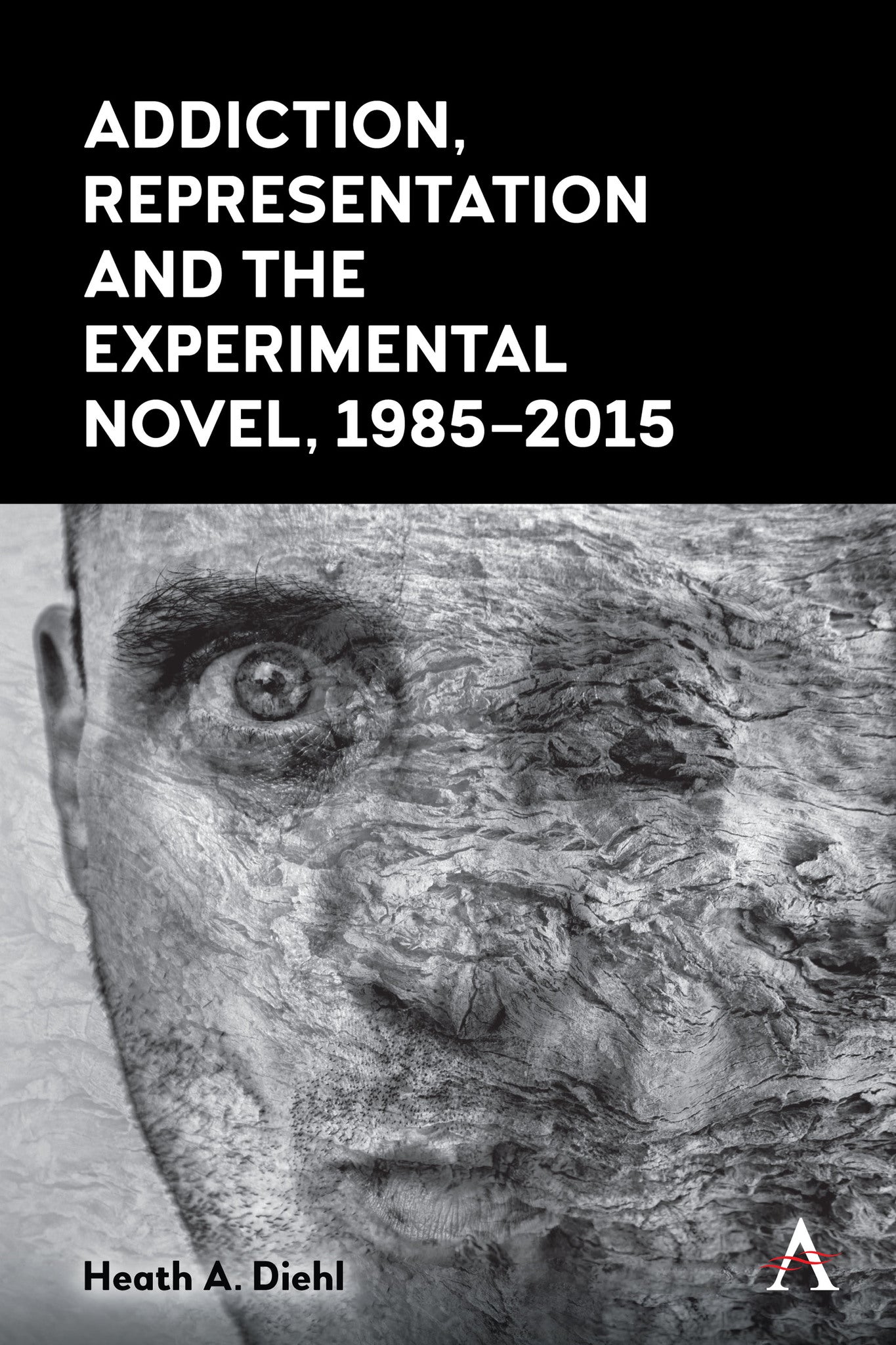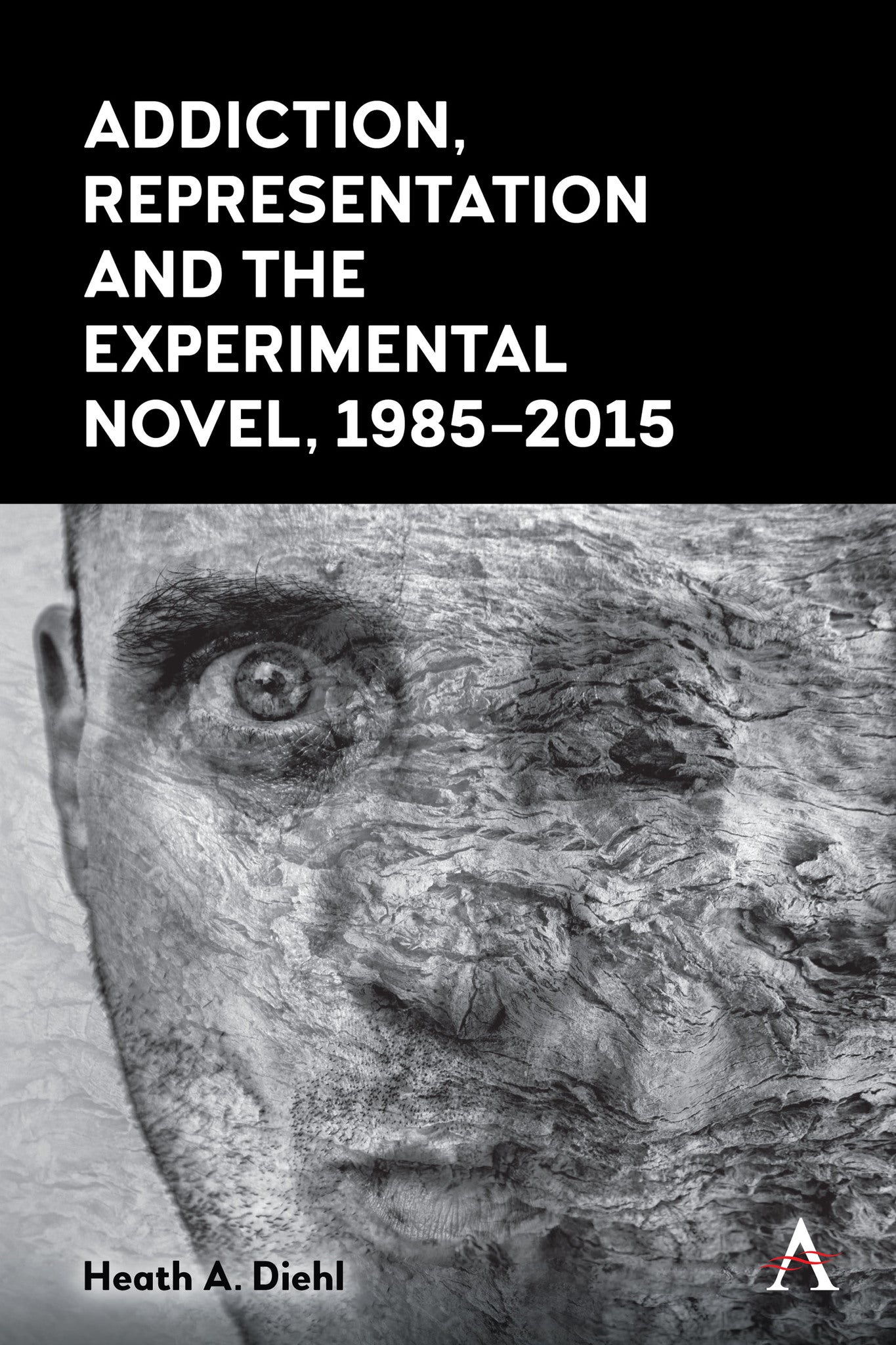We're sorry. An error has occurred
Please cancel or retry.
Addiction, Representation and the Experimental Novel, 1985–2015

Some error occured while loading the Quick View. Please close the Quick View and try reloading the page.
Couldn't load pickup availability
- Format:
-
15 December 2020

Since the nineteenth century, the Western realistic novel has persistently represented the addict as a morally toxic force bent on destroying the institutions, practices, and ideologies that historically have connoted reason, order, civilization. Addiction, Representation undertakes an investigation into an alternative literary tradition that unsettles this limited portrayal of the addict. The book analyzes the practices and politics of reading the experimental addiction novel, and outlines both a practice and an ethics of reading that advocates for a more compassionate response to both diegetic and extra-diegetic addicts—an approach that, at its core, is focused on understanding.

LITERARY CRITICISM / General, Literature: history and criticism, LITERARY CRITICISM / Modern / 20th Century, LITERARY CRITICISM / Modern / 21st Century, Literary studies: c 1900 to c 2000, Literary studies: from c 2000

This thoroughly-researched book approaches the study of literature about addiction from a highly original perspective that combines affect theory and classic reader-response approaches in the analysis of readerly sympathy and empathy. Diehl demonstrates an encyclopedic knowledge of literature about, and theories of, addiction. While his close readings make this work invaluable to anyone teaching about addiction in the English literature classroom, his numerous examples also make it an essential source for any researcher interested in literary portrayals of addiction. — Brandon P. Bisbey, Ph.D., Associate Professor of Spanish, Coordinator of Latina/o and Latin American Studies, Northeastern Illinois University, Chicago.
Introduction; 1. Bearing Witness: Leaving Las Vegas (1990); 2. Betraying: Dope (2006); 3. Gaslighting: The Girl on the Train (2015); 4. Transgressing: Less Than Zero (1985); 5. Disorienting: The Orange Eats Creeps (2010); Conclusion; Bibliography; Index.



